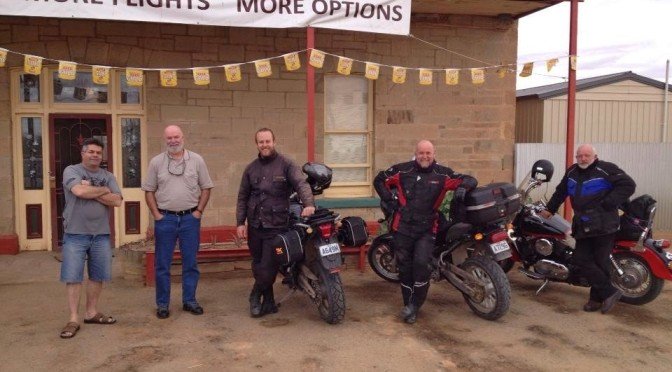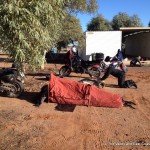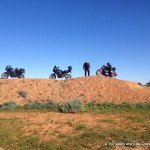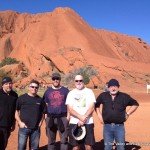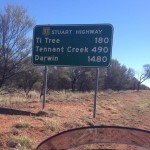Dear Editor,
Sunday the 18th August is the 47th anniversary of the Battle of Long Tan; it is also the date set as Vietnam Veterans Day. Two years ago on the 45th anniversary, after 15 years of battling the Australian government for justice and due recognition, veterans of D Company, 6th Royal Australian Regiment (6RAR), were awarded an Australian Unit Citation for Gallantry (the highest award a unit can receive). The unit had been recognised by the American and South Vietnamese governments in 1968, with their equivalent citations. Individual medals were also presented due to a reversal of a quota system employed by Australia at the time the battle was fought.
“The Vietnam war was mis-reported and is mis-remembered,” President Nixon said. Probably not the soundest person to quote but I believe the sentiment is very true.
A matter I feel I need to address is the issue of Conscription (National Service Scheme), whether you agreed or disagreed with it. It was NOT originally started for the Vietnam war but enacted due to the Malaya and Indonesia conflagration, which Australia believed would spill into New Guinea, an Australian territory at that time. The Australian government believed the army was undermanned to handle such an eventuality. Between 1964 and December 1972, 20 year old males were required to register and 804,286 young men complied.
The voting age was 21, this was reduced to the current age 18 in 1973, after the Scheme had been revoked. The legal drinking age (more important to many) during this time varied from state to state, along with the conditions that applied, but was generally regarded as 21 until 1974, then reduced in all states to 18.
The selection ballot resembled a lottery draw and was performed bi-annually to determine who would be called up to serve in the Army; exemptions were granted after call-up. 63,735 men served in the army – 15,381 actively served in Vietnam.
Service requirements were two years in the regular army, followed by three years part-time in the army reserve. Men who failed to comply, misled the medical board (standards were the same as for regular soldiers) or who made false or misleading statements were prosecuted. Fourteen men were prosecuted and served the equivalent of their national service in prison.
Some 200 national servicemen lost their lives in Vietnam.
The ratio of national servicemen to regular soldiers in the regiments that served in Vietnam was generally 50/50 and no distinction was made by the soldiers that served.
‘We should not mourn the loss of these men, but be grateful that they lived’ said Gen. Patton. A different war, but still relevant.
I hope to see you at the St Marys Cenotaph at 11 a.m. – inside if the weather is foul.
David Watkins
